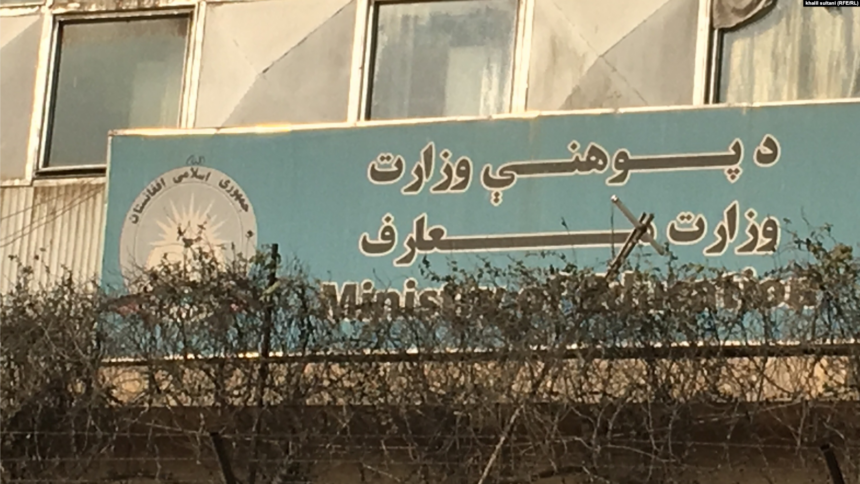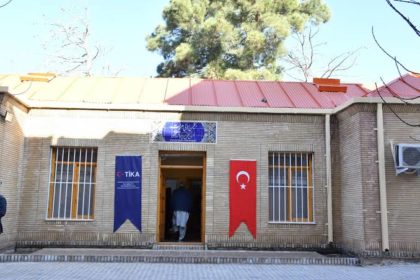RASC News Agency: Despite their professed adherence to “Islam” and their claims of implementing “Sharia law,” the Taliban brought to power through a combination of global intelligence alliances and the complicity of ethnic nationalists within the Ashraf Ghani administration have, over the past three years, laid bare their true objective: the preservation and forced imposition of Pashtun tribal culture under the facade of religious governance. From the onset of their regime, the Taliban have systematically purged thousands of Persian-speaking professionals from government offices, replacing them with Taliban loyalists or ethnocentric Pashtun figures from the previous republic.
Reports from within the Ministry of Education reveal that non-Pashtun employees are subjected to pervasive discrimination, including coerced transfers, unwarranted demotions, and outright dismissals. Leadership and key decision-making roles within the ministry are monopolized by Pashtun Taliban officials, who exert relentless pressure on non-Pashtun employees to vacate their positions. Insiders have disclosed a detailed list of six Persian-speaking employees who, despite their high qualifications, extensive experience, and specialized expertise, were forcibly removed from their posts in Kabul and reassigned to inferior roles in local schools. These demotions are not only a disservice to the individuals but also a grave setback to the professional functioning of the ministry.
The leaked list highlights the systematic downgrading of these individuals, who have been compelled to assume clerical or teaching roles far beneath their prior professional standing. Employees note that the dire economic conditions in the country leave them with no choice but to endure such indignities, as their survival is tethered to their government salaries. Fearing joblessness and devoid of alternative income opportunities, they find themselves acquiescing to this discriminatory environment. Additionally, these employees report being obligated to use Pashto when addressing supervisors, a requirement they view as a deliberate attempt to marginalize their linguistic and cultural identity. The Taliban’s entrenched ethnic and linguistic biases have drawn sharp criticism from citizens, as well as political and religious leaders. A recent analysis by the Middle East Research Institute revealed that over 90% of the Taliban’s leadership and senior administrative roles are occupied by Pashtuns.
The same report underscores the exclusionary nature of the regime’s structure, with only 5% of positions held by Uzbeks, 3% by Tajiks, and less than 0.5% by Hazaras none of whom occupy roles with substantive authority or decision-making capacity. This overwhelming disparity underscores the Taliban’s systemic marginalization of Afghanistan’s diverse ethnic communities under the pretense of governance.






